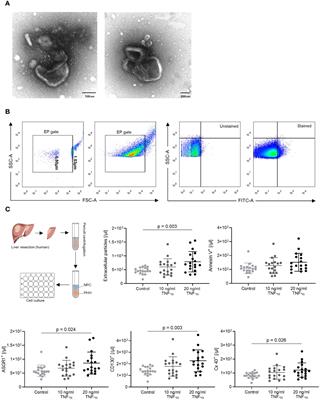SYSTEMATIC REVIEW
Published on 26 Jul 2021
Proteomics in Liver Transplantation: A Systematic Review
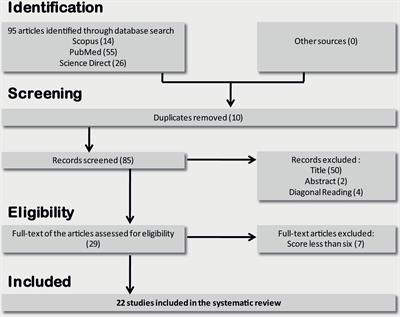
doi 10.3389/fimmu.2021.672829
- 3,409 views
- 5 citations
13k
Total downloads
43k
Total views and downloads
You will be redirected to our submission process.
SYSTEMATIC REVIEW
Published on 26 Jul 2021

ORIGINAL RESEARCH
Published on 16 Jul 2021
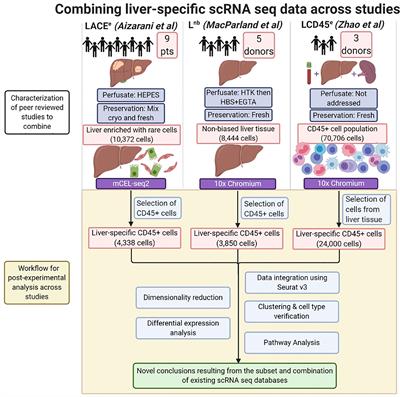
REVIEW
Published on 06 Jul 2021

ORIGINAL RESEARCH
Published on 14 Jun 2021
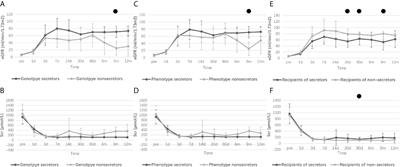
MINI REVIEW
Published on 11 Jun 2021
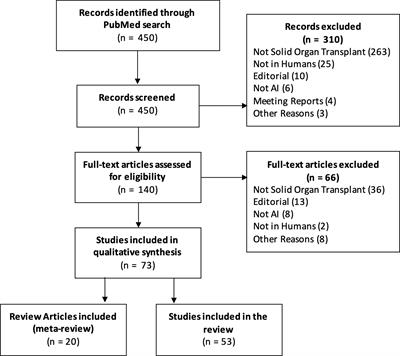
ORIGINAL RESEARCH
Published on 05 May 2021
